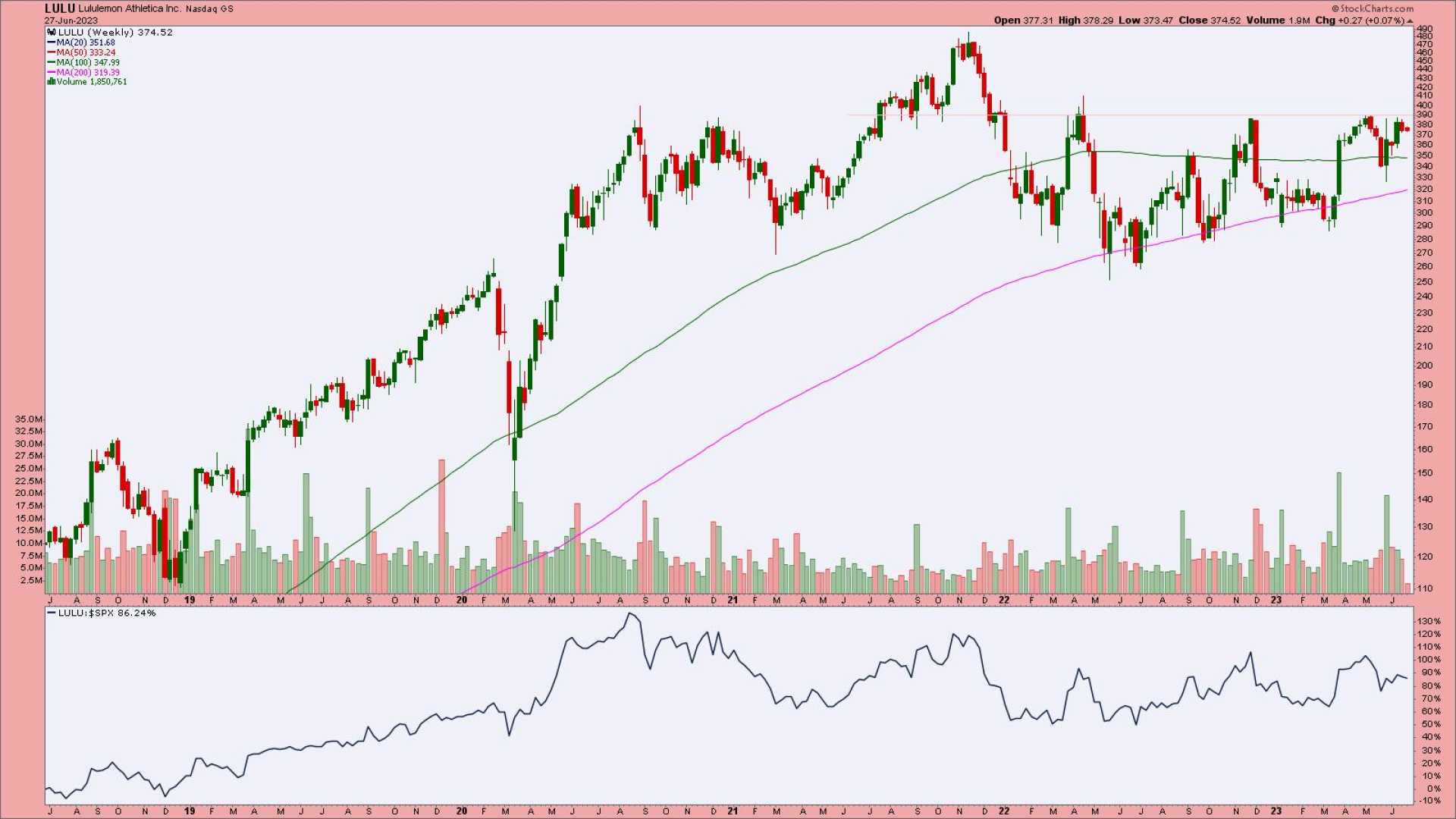Business
Is Lululemon’s Stock a Bargain at $230?

NEW YORK, NY — Lululemon Athletica Inc. has seen its stock price drop to around $229, marking a 40% decline this year. This drop follows the company’s Q1 2025 earnings announcement, where it reported a revenue increase of 7% to $2.37 billion and an earnings per share (EPS) growth of 2% year-over-year to $2.60.
Despite these positive results, the market reacted negatively, primarily focusing on a modest 1% same-store sales increase and a lowered full-year forecast. Factors such as tariff concerns contributed to this cautious outlook.
However, many analysts believe this sell-off is not justified. With a trailing earnings multiple of just 15x, Lululemon’s stock is currently trading below its historical average and considerably lower than the broader market average of 27x. Its price-to-free-cash-flow ratio stands at 21x, only slightly above the S&P 500 average, which some analysts argue still reflects strong fundamentals.
Comparing Lululemon to peers like Nike, analysts point out Lululemon’s more favorable metrics, including lower P/E ratios and improved free cash flow. With a market capitalization of $27 billion, Lululemon achieved a cash flow yield of nearly 6%, indicating its capacity for long-term growth.
Over the past three years, Lululemon has enjoyed a revenue compound annual growth rate (CAGR) of 19%, far exceeding the S&P 500’s 5.5% growth. In the last year alone, sales reached nearly $11 billion, aided by its expanding global presence and strong brand equity.
The company shows impressive profitability with a 23.4% operating margin and an 18.8% operating cash flow margin. Its net income margin of 16.8% underscores its operational efficiency relative to the retail sector average.
Lululemon’s balance sheet reflects stability, with a debt-to-equity ratio of only 6.0%, significantly below the S&P 500’s average of 19.4%. The company also maintains $1.3 billion in cash, equivalent to 17.8% of its total assets, providing it ample liquidity for investments or to weather market downturns.
Despite its solid fundamentals, Lululemon has experienced sharp declines during market corrections. Historical data reveals a 46% drop during the 2022 downturn and a 47% decline during the early 2020 Covid crisis. Investors must note that strong fundamentals do not always shield stocks from market sentiment fluctuations.
In conclusion, while Lululemon displays benefits of solid growth and profitability, it is crucial for investors to remain aware of the inherent risks associated with individual stocks, particularly during volatile market conditions.












